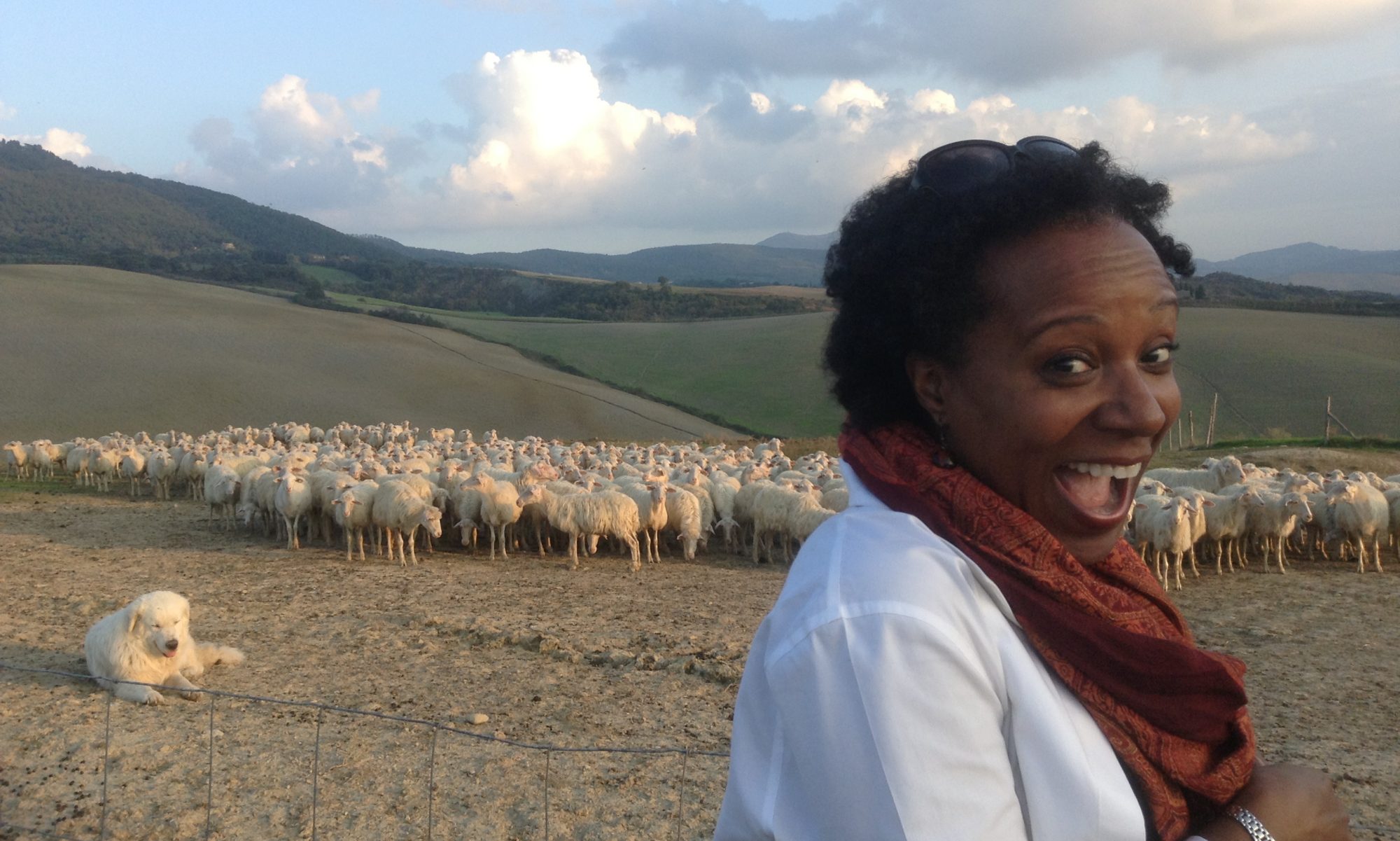Here we go, again. A prominent man is caught behaving like a pig and women are expected to step up and lead the denunciations against him
And, in the most recent case of this – producer Harvey Weinstein – this charge is being led by many of the very people who not only looked the other way when America’s predator-in-chief bragged about his behavior, they ELECTED him President of the United States. But as sure as day follows night, they still have the nerve to name-check women – and one woman, in particular – for not “speaking up.” Never mind that just a few weeks ago, they spent considerable energy and airtime telling that particular woman her views are irrelevant, she needs to be quiet, and exit stage left. But, suddenly, they’re waiting with bated breath for her pronouncement following the earth-shattering news that that there’s sexual harassment in Hollywood.
But aside from the political posturing, the demand that women – any woman – “denounce” sexual harassment exposes the double standard and patriarchy that help to form the very foundation of sexual harassment itself
Women don’t need to be instructed by foolish talking heads and opportunistic politicians to “denounce” sexual harassment and those who inflict it on us. We spend our lives not only denouncing, but experiencing, navigating, trying to avoid and being harmed by sexual predators. But the only time folks seem to want to hear from us about it is immediately after the fact, usually when the predator is a liberal or support liberal causes, and only for a very limited period of time. Once the news cycle ends or, God forbid, we try to suggest ways to PREVENT this behavior in the future, we’re either ignored or attacked (“Are you still harping THAT?”).
And yet, despite this, we persist. But it’s time for some other folk – you know, MEN – to step up and say and do more than tapping us on the shoulder and telling us. “Wow, did you see what he did? That’s pretty bad. You better say something.”
Stop lecturing us about how we should respond to sexual predation and slamming us for deciding For ourselves when we’re going to do it. It’s time for YOU to step up and say something and, better yet, DO something about it. And if you don’t have the desire or the courage to fight with us against your brethren, then your opinion about how we choose to fight is irrelevant, you need to be quiet, and exit stage left.

